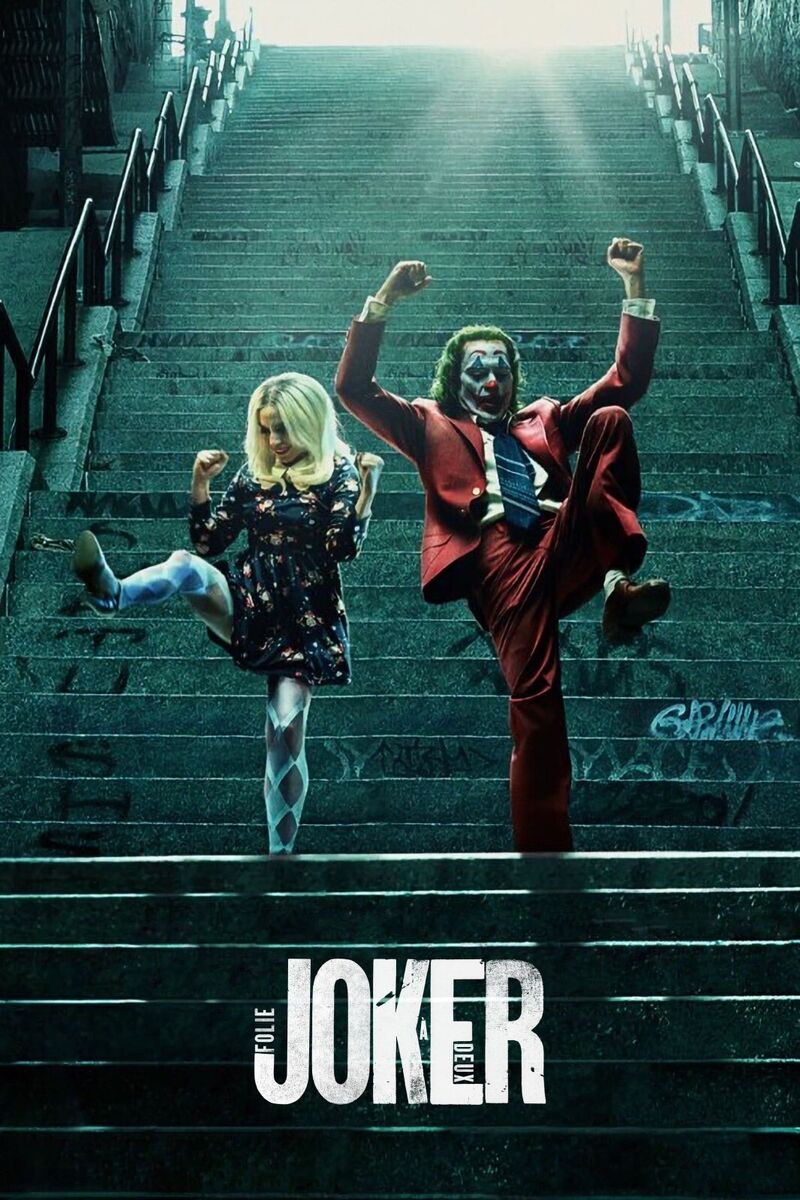“Every Day,” a movie directed by Michael Sucsy, starts with a common interval of change: a clock striking midnight. An African-American boy, Justin (Justice Smith), wakes up and examines his hands in confusion. He looks around his room which appears foreign despite being his own. The modern day setting is revealed when Justin sets an alarm on his iPhone to go off first at 11 pm, then at 11:50 pm. It is apparent to the viewer that he has just gone through a transition, although from what and to what, is left unknown.
In the film, sixteen-year-old Rhiannon, played by actress Angourie Rice, falls in love with A, a mysterious entity who inhabits a new body every day. Rhiannon was introduced to A when Justin, Rhiannon’s boyfriend, seemingly changed his personality for one day. Soon to be known to Rhiannon, Justin had been possessed by A the duration of that time. After spending only the day together, A and Rhiannon are pulled together by an unbreakable love. In order to compensate for A’s ever changing state, the two must do their best to find each other every new 24 hour cycle. However, the nature of A’s existence in each body brings obstacles to the relationship that prove difficult for them to overcome throughout the rest of the movie.

Sucsy’s “Every Day” exemplifies the new age of screenplay. The 2018 film braves into modern world issues that have long been taboo. A major theme is loving a person for their personality not for their looks. The bodies that A inhabits are not limited by race, disability or gender. Rhiannon’s continued love despite gender helps to promote the LGBTQ community, and in particular, bisexuality and pansexuality cultures. The movie also brings awareness to transgender people, when A inhabits the body of a transgender boy (Ian Alexander), who then shares his experience with not conforming to his assigned gender.
The movie authenticates those living with disabilities. A manifests in the body of a suicidal girl, Kelsea (Nicole Law), as well as the body of a blind boy, which helps bring awareness to those struggling with both mental and physical impairments. Interracial relationships are also showcased in this film through the diverse cast. A is portrayed by several white, African American and Asian girls and boys.

“Every Day” additionally incorporates color symbolism. A, portrayed by Jacob Batalon, told Rhiannon that by changing bodies they could find the individuality present in themselves. To emphasize this, A said that they saw the color blue a million different times, but each time it appears slightly different. After A said this, the color blue became more and more apparent in the movie in clothes the characters were wearing, school colors or even just a tint to the picture. The color here represents the individuality of each person, and the uniqueness that it results in.
Even though “Every Day” went above and beyond in areas such as incorporation of marginalized groups, it fell short in others. With fifteen different actors playing A throughout the movie, not all of them were destined to be great. The majority of the time, the acting fell flat with the intended emotion, which was either overdone or monotonous. The script that each actor had to follow was not much different either. While some quotes did encourage more profound thinking, such as when talking about deeper topics like suicide, most lines were predictable and seemed to be packed with emotion unnecessary to the scene. This is shown throughout the movie, especially in scenes when Justin and Rihanna are together. The redundancy of A’s life led to the movie seeming to drag on much longer than the actual hour and 46 minutes length. Events in the story also seemed fairly foreseeable. The basics of high school drama, the setup of love scenes or even the unexpected ending all lacked the certain surprised feeling that comes with a good plot twist.
Still, the positive aspects of the movie far outweigh the few unfavorable factors. The message of the film can resonate with any person who has ever felt a little different, or at the very least it can be thought-provoking. The modern movie “Every Day” was uniquely excellent in it’s own way.







